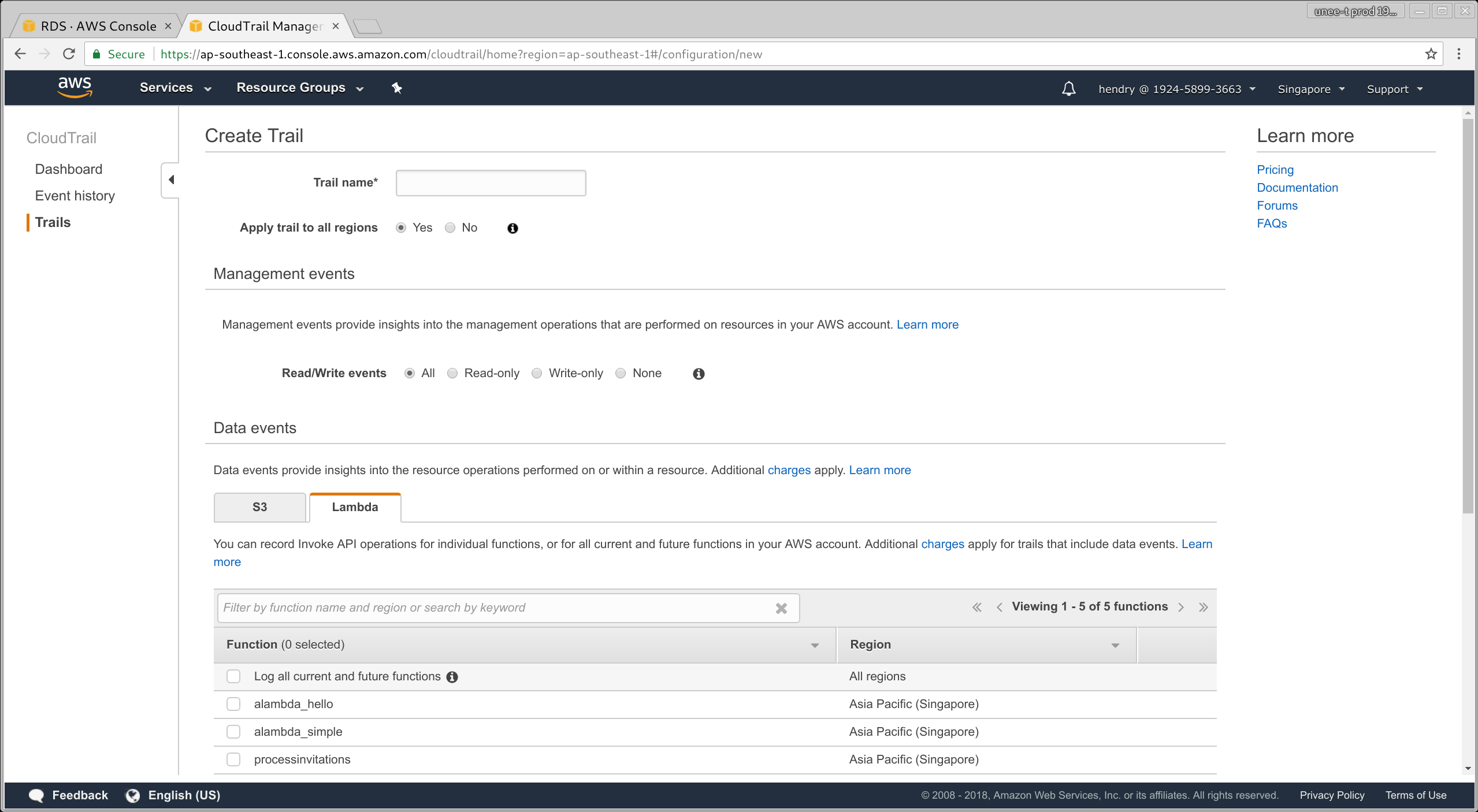Libraries, samples, and tools to help Go developers develop AWS Lambda functions.
To learn more about writing AWS Lambda functions in Go, go to the official documentation
// main.go
package main
import (
"github.com/aws/aws-lambda-go/lambda"
)
func hello() (string, error) {
return "Hello λ!", nil
}
func main() {
// Make the handler available for Remote Procedure Call by AWS Lambda
lambda.Start(hello)
}Preparing a binary to deploy to AWS Lambda requires that it is compiled for Linux and placed into a .zip file. When using the provided, provided.al2, or provided.al2023 runtime, the executable within the .zip file should be named bootstrap. Lambda's default architecture is x86_64, so when cross compiling from a non-x86 environment, the executable should be built with GOARCH=amd64. Likewise, if the Lambda function will be configured to use ARM, the executable should built with GOARCH=arm64.
GOOS=linux GOARCH=amd64 go build -o bootstrap main.go
zip lambda-handler.zip bootstrapOn Linux, the Go compiler's default behavior is to link the output executable to the system libc for some standard library functionality (for example, DNS lookups). If the build environment is using a Linux distribution with a GNU libc version newer than the deployment environment, the application when deployed to Lambda may fail with an error like /lib64/libc.so.6: version `GLIBC_X.YZ' not found.
Most Go applications do not require linking to the system libc. This behavior can be disabled by using the CGO_ENABLED environment variable.
CGO_ENABLED=0 go build -o bootstrap main.go
zip lambda-handler.zip bootstrap
See Using CGO
Windows developers may have trouble producing a zip file that marks the binary as executable on Linux. To create a .zip that will work on AWS Lambda, the build-lambda-zip tool may be helpful.
Get the tool
go.exe install github.com/aws/aws-lambda-go/cmd/build-lambda-zip@latestUse the tool from your GOPATH. If you have a default installation of Go, the tool will be in %USERPROFILE%\Go\bin.
in cmd.exe:
set GOOS=linux
set GOARCH=amd64
set CGO_ENABLED=0
go build -o bootstrap main.go
%USERPROFILE%\Go\bin\build-lambda-zip.exe -o lambda-handler.zip bootstrapin Powershell:
$env:GOOS = "linux"
$env:GOARCH = "amd64"
$env:CGO_ENABLED = "0"
go build -o bootstrap main.go
~\Go\Bin\build-lambda-zip.exe -o lambda-handler.zip bootstrapFor applications that require CGO, the build environment must be using a GNU libc version installed compatible with the target Lambda runtime. Otherwise, execution may fail with errors like /lib64/libc.so.6: version `GLIBC_X.YZ' not found.
| Lambda runtime | GLIBC version |
|---|---|
provided.al2023 |
2.34 |
provided.al2 |
2.26 |
provided and go1.x |
2.17 |
Alternatively, Lambda supports container images as a deployment package alternative to .zip files. For more information, refer to the official documentation for working with with container images.
To deploy your function, refer to the official documentation for deploying using the AWS CLI, AWS Cloudformation, and AWS SAM.
The event models can be used to model AWS event sources. The official documentation has detailed walkthroughs.

